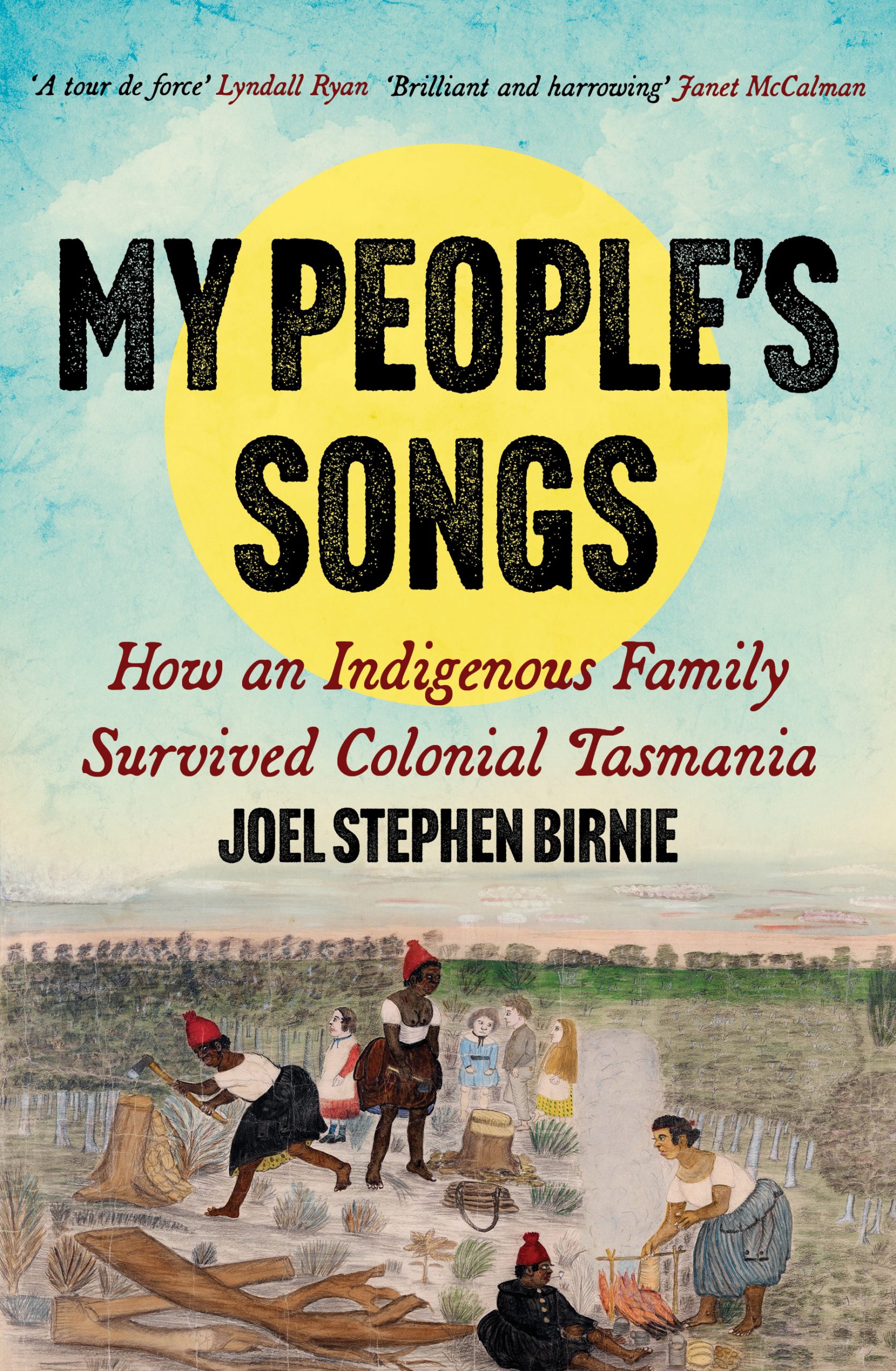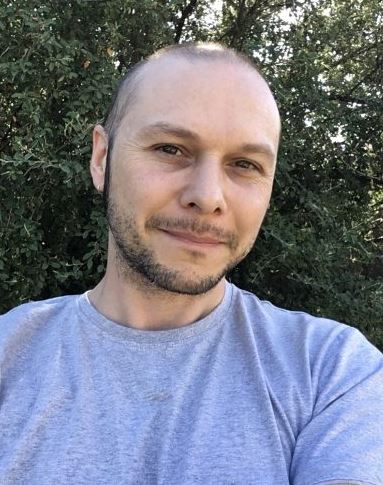Aboriginal and Torres Strait Islander listeners are advised that the following podcast and show page contains the names of deceased Aboriginal and Torres Strait Islander people. Joel Birnie’s book is about his own family and ancestors, and it is drafted from already published or publicly available information. The project’s purpose was to decolonise this information and reconstruct a truthful retelling of the lives of these women and their relationship to his family. His grandmother permitted her oral history to be included (she is now deceased). The South East Tasmanian Aboriginal Corporation provided a recommendation for publication.
In this episode of Biographers in Conversation, Joel Stephen Birnie chats with Gabriella about My People’s Songs: How an Indigenous Family Survived Colonial Tasmania, his historical biography of Tarenootairer (c. 1806–1858), his earliest known ancestral grandmother, and her two surviving daughters, Mary Ann Arthur (c. 1821–1871) and Fanny Cochrane Smith (c. 1832–1905). These three extraordinary matriarchs fought for the Indigenous communities they founded in Tasmania, sparking a tradition of social justice that continues in Joel’s family today.
Joel Birnie introduces us to Tarenootairer, Mary Ann and Fanny and reveals why he felt compelled to write My People’s Songs. He explains his goal in writing the book, why he chose to structure My People’s Songs around three self-contained biographies of Tarenootairer, Mary Ann and Fanny, and why he shares their stories from their perspective and in their voices. He discloses how Mary Ann’s fight for autonomy laid the foundation for contemporary Indigenous politics and how he chose to portray Mary Ann’s role as a voice of self-empowerment for Tasmania’s Indigenous people.
In My People’s Songs, Joel explores Fanny’s skilled and tenacious political advocacy and how her persistence resulted in her receiving a higher pension and an increased land grant despite intense opposition from Tasmanian politicians and some sections of the media. Fanny challenged the false declaration of Indigenous Tasmanian extinction; Joel shares with us its crucial impacts during her lifetime and today. Few archival records exist of Indigenous peoples’ lives in nineteenth-century Tasmania and those that are available lack an Indigenous perspective. They are also tainted by colonial half-truths, interpretations and propaganda. Joel describes his research strategy and how he overcame the many challenges involved in piecing together such fragmentary evidence that was biased by a colonial lens.





